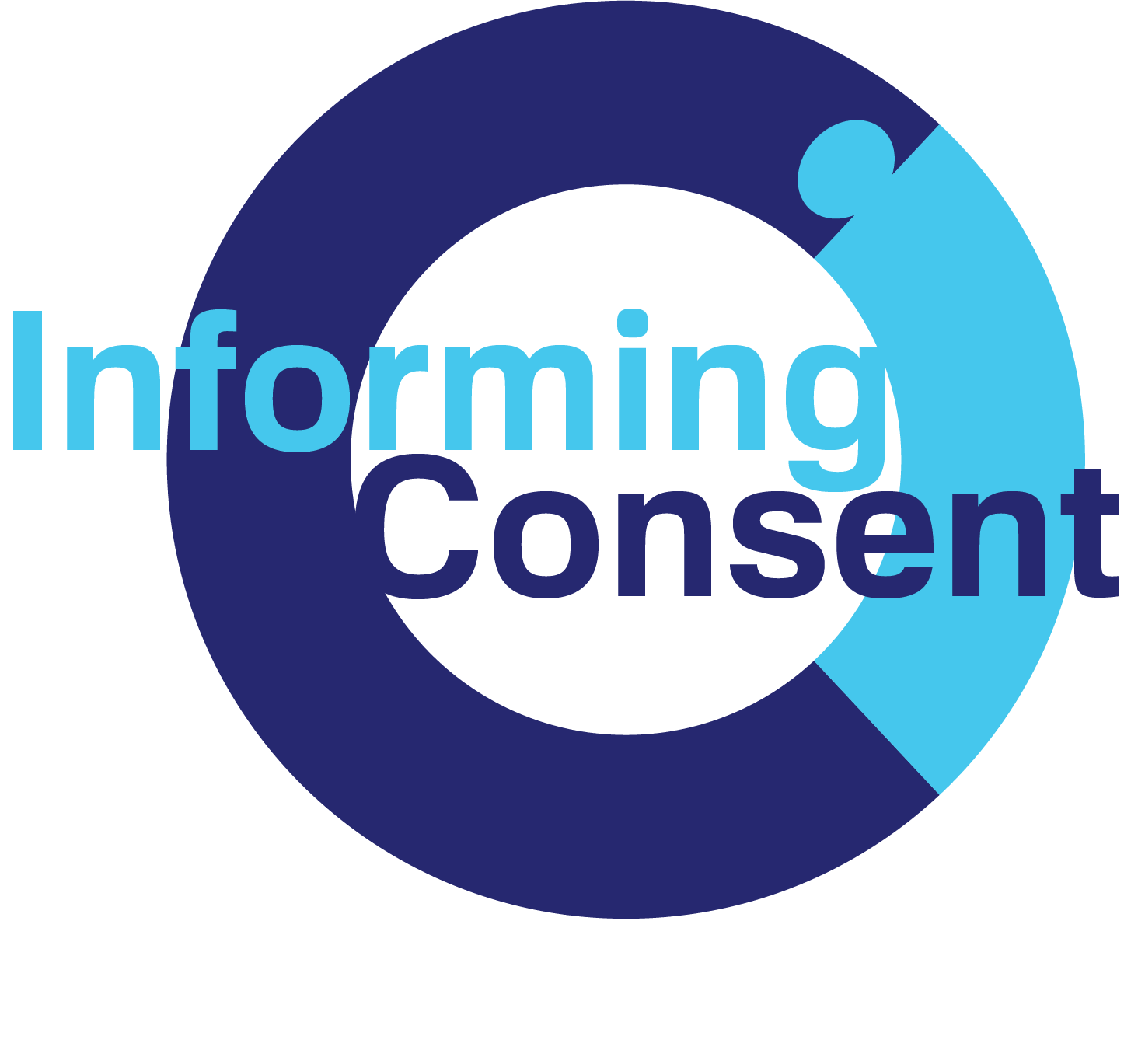Calling the Shots
A closer look at vaccines
Vaccines – the ‘jewel in the crown’ of modern medicine?
Vaccination is often lauded as the reason many diseases – such as polio, measles and diptheria – have been largely eradicated from the western world.
Increasingly, however, both doctors and the general public are starting to question their value.
We all know the mantra that vaccines are safe and effective.
So, why the change of heart?
Let’s take a closer look.
What are vaccines, and how do they work?
The childhood vaccination schedule – US and UK
Treating like with like – vaccinations and homeopathy
mRNA technology – the next generation of vaccines
What now?
The history of vaccines
Vaccine scepticism – not just a recent phenomenon
What are vaccines and how do they work?
Typically, vaccines are a medicine administered by injection – hence the terms ‘jabs’ and ‘shots’.
They can also be taken orally, and newer forms include sprays (e.g. FluMist).
UK and US health authorities describe their proposed health benefits and actions as follows:
- Vaccines work by imitating an infection to engage the body’s natural defenses.
- Vaccines help the body learn how to defend itself from disease without the dangers of a full-blown infection.
Source: CDC
A small amount of the disease pathogen is introduced to your body. It is thought that your body then learns how to recognise the disease, and is therefore primed to overcome the infection itself when/if it is encountered.
It is claimed that the pathogen in vaccines is rendered harmless by, for example:
- killing the pathogen;
- making the pathogen unable to grow or divide (attenuated vaccine); or
- using fragments of pathogens, which include the necessary antigens (rather than whole cells).
Source: Edexcel Biology
We are told that:
- It’s much safer for your immune system to learn through vaccination than by catching the diseases and receiving treatment.
- Once your immune system knows how to fight a disease, it can often give you life-long protection.
The NHS highlights the benefits not only for the individual, but for society at large:
‘Having a vaccine also benefits your whole community through “herd immunity”.
If enough people are vaccinated, it’s harder for the disease to spread to those people who cannot have vaccines. For example, people who are ill or have a weakened immune system.’
Source: NHS
Glossary
Antigen:
A substance that causes your immune system to produce antibodies against it – for example, a virus.
Adjuvant:
A substance that enhances the immune system’s response to the presence of an antigen – for example, aluminium.
Immune system:
A large network of organs, white blood cells, proteins and chemicals. This protects you from germs and other invaders. Your immune system also helps your body heal from infections and injuries.
Pathogen:
Any organism that causes disease – for example, viruses, bacteria, fungi, and parasites.
Treating like with like – vaccinations and homeopathy
Treating like (the disease) with like (a remedy matching the disease) predates the creation of vaccines.
Samuel Hahnemann (MD), born in the 18th Century, is credited as the founder of homeopathy.
Homeopaths, like regular doctors, take account of symptoms and then prescribe a remedy. The remedy is usually sourced from plants or minerals and, if taken in sufficient quantities in crude form, matches and could even exacerbate those same symptoms.
However, a homeopathic remedy is given in such infinitesimal amounts that it carries only a trace of the informational field of that particular plant or mineral. It is thought that this informational field stimulates the body’s immune system to fight back and overcome the disease.
The difference between homeopathy and vaccinology is that no pathogens, even small amounts, can be found in homeopathic remedies.
Is there good scientific evidence for homeopathy? Many emperical studies demonstrate that some people find homeopathy a very effective form of medicine.
Nevertheless, legal challenges by governments across the world have sought to impose tight regulations on homeopathy.
Interestingly, Samuel Hahnemann’s motivation was his distrust of mainstream medicines,,,
“My sense of duty would not easily allow me to treat the unknown pathological state of my suffering brethren with these unknown medicines. The thought of becoming in this way a murderer or malefactor towards the life of my fellow human beings was most terrible to me.”
The history of vaccines
The World Health Organisation (WHO) plots the timeline from Edward Jenner and the creation of the first vaccine (smallpox) in 1796 through to 2020 and the Covid vaccination programme. A detailed history is also offered here.
1796
The smallpox vaccine
The WHO details how, in July 1796, Dr Edward Jenner inoculated a person with matter from a human smallpox sore in order to test their resistance. Apparently, it was successful at warding off the illness.
The term ‘vaccine’ was later coined, taken from the Latin word for cow, ‘vacca’.
1800s
Louis Pasteur
In the late 1880s, Louis Pasteur developed the first laboratory-produced vaccines for cholera and rabies – but these were largely untested on humans and deemed too risky for general use.
1900s
Spanish Flu
The Spanish flu pandemic in 1918 to 1919 led to a great rush (indeed, it was termed a military priority) to produce a flu vaccine.
Although 2 million doses were tested, results were very inconclusive.
Subsequent studies have shown that the vast majority of death occurred through pneumonia as a secondary infection, possibly caused by the wearing of masks. The race to develop vaccines for viruses continued, however.
It was almost another 30 years before a flu vaccine was approved – initially only for military use.
From the 1930s onwards, various vaccines were developed and deployed including yellow fever, polio, pertussis (whooping cough), diphtheria and tetanus.
1960s
Mass vaccination
From the late 1960s onwards, the WHO intensified its work to eradicate diseases through vaccination – beginning with smallpox.
Many more vaccines have since been developed, including hepatitis B, MMR (which combined measles, mumps and rubella vaccines), rotavirus, haemophilus influenzae (Hib), meningitis, Ebola and malaria.
The first HPV (human papillomavirus) vaccine, intended to prevent cervical cancer, was approved in 2006.
2021
The latest vaccine
On 30 January, 2020, the WHO Director General declared the outbreak of a novel coronavirus 2019 (SARS-CoV-2) to be a Public Health Emergency of International Concern. On 11 March, the WHO confirmed that Covid-19 was a pandemic.
Covid-19 vaccines were developed, produced and distributed with unprecedented speed, some using new mRNA technology.
In December 2020, just one year after the first case of Covid-19 was officially detected, the first Covid-19 vaccine doses were administered.
Millions of people worldwide have now received this injection – some of them, multiple times.
We have looked into Covid-19 vaccines in detail, particularly with respect to their application for children. Find out more here, including our original SafertoWait campaign.
The childhood vaccine schedules - UK & US
The WHO remains committed to vaccination being the sharpest weapon against what it terms “preventable diseases”, especially for children.
As the history of vaccines showed above, the number of vaccines has increased incrementally overtime. Children in the 21st century receive many more vaccines than children in the previous century.
UK childhood vaccine schedule
The UK vaccination schedule changed in 2025, and further changes are planned for 2026.
These include an extra (4th) dose of the 6-in-1 hexavalent vaccine (Diphtheria, Tetanus, Pertussis, Polio, Haemophilus influenzae type B, and Hepatitis B) at 18 months alongside the 2nd dose of MMR, which has been moved forward from 3 years, 4 months. Additionally, the Varicella (Chicken Pox vaccine) may be added to the schedule in 2026.
[Source: The Control Group, citing Immunisations UK and UK government]
Please visit the NHS website for the latest schedule.
“Informing Consent offered us a balanced perspective on vaccinations. It was reassuring to read about other parents’ experiences and make an informed choice.”

Emily R.
Single Parent
“The clarity and depth of information provided by Informing Consent helped us navigate the vaccination process with confidence.”

Michael S.
Parent Advocate
“Choosing to vaccinate was a decision we made after careful research. The resources provided by Informing Consent were invaluable in helping us feel confident in our choice.”

Jessica M.
Mother of Two
“As a parent, I wanted to ensure I was making the best decision for my child’s health. The testimonials and information on Informing Consent gave me peace of mind.”

David L.
Father of Three
Your Questions Answered
We understand that parents have many questions about vaccinations. Here are some of the most common concerns and our detailed responses.
Are vaccines safe for my child?
Yes, vaccines undergo rigorous testing and monitoring to ensure their safety and effectiveness. They are designed to protect your child from serious diseases.
What are the potential side effects of vaccines?
Most side effects are mild, such as a sore arm or slight fever. Serious side effects are rare, but our resources provide detailed information on what to expect.
How do vaccines work?
Vaccines stimulate the immune system to recognize and fight specific pathogens, providing immunity without causing the disease itself.

Take the Next Step
Empower yourself with knowledge. Visit our resources page to explore comprehensive information on vaccinations, or join our community to connect with other informed parents. Your child, your choice—make it an informed one.
